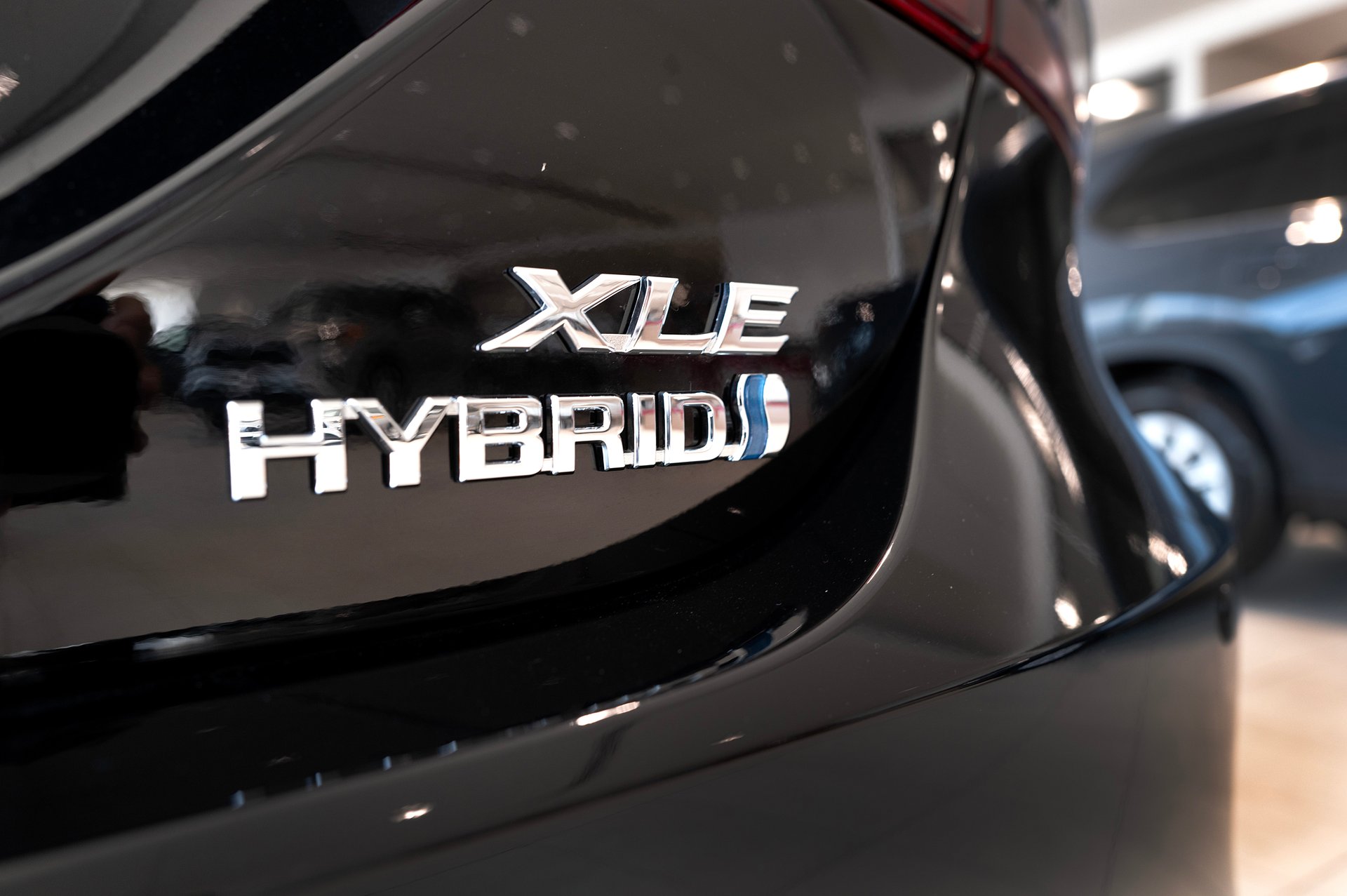Toyota is doubling down on hybrid cars
The automaker’s hybrid strategy is all about solidifying an already dominant position

Despite the fact Toyota has been one of the slowest legacy automakers to adopt electric vehicles, it may end up being the first to forgo gas-only-powered cars completely. The automaker is apparently moving to convert most, and eventually all (probably), of Toyota and Lexus’s line-ups to hybrid-only models.
Suggested Reading
Toyota has long been on the fence about whether or not the mass adoption of electric vehicles was viable, and back in January, Toyota Chairman Akio Toyoda said he believed the global share of EVs would top out at just 30 percent. Instead, Toyota (TM) is looking at a “multi-pathway” strategy that includes EVs, hybrids, hydrogen fuel-cell vehicles, green fuels and (in theory) tech that has yet to emerge. From Reuters:
Related Content
“Going forward, we plan to evaluate, carline by carline, whether going all-hybrid makes sense,” David Christ, head of sales and marketing for Toyota in North America, told Reuters.
Those evaluations will come with every model redesign, if not sooner.
That includes the pending overhaul of the RAV4 for the 2026 model year. The RAV4, America’s best-selling SUV, already has hybrid variants that account for about half of sales.
Two people familiar with Toyota’s product planning discussions said the automaker is highly likely to ditch the gasoline-only version for the North American market, but hasn’t made a final call.
This hybridization of Toyota’s lineup has already started, and people seem to like it.
The automaker has already stopped offering a gasoline-only version of its Camry, America’s best-selling sedan, for the 2025 model year while its rugged Land Cruiser and Sienna minivan, for example, also now come only as hybrids.
Many of the hybrid-only models will also likely come as a plug-in hybrid with a bigger battery, according to the two people, who declined to be named.
[...]
Stripping out two EVs and a fuel-cell car on sale in North America, there are currently 31 other Toyota and Lexus models. Eight are already hybrid-only and eight are available in gasoline versions only.
The hybrid strategy will also give Toyota unique advantages in complying with increasingly tough U.S. carbon-emissions restrictions, Toyota executives and industry experts said.
As the U.S. lowers pollution limits under regulations announced in March, Toyota’s booming hybrid sales could help the automaker save billions of dollars in regulatory fines and costs while buying Toyota more time to develop EVs or other zero-emission vehicles.
The new emissions standards, opens new tab take effect from the 2027 model year and run through 2032.
The automaker’s hybrid strategy is all about solidifying an already dominant position in a part of the market that has been reinvigorated by slower-than-expected EV sales.
Right now, there’s no deadline for producing an all-hybrid lineup. Certain models, like economy cars and pickups, could take longer because of consumer price sensitivity.
In addition to hybrids, Toyota is apparently poised to convert about 30 percent of its global fleet to EVs by 2030 by focusing on a small number of fully electric versions of existing top-selling models.
